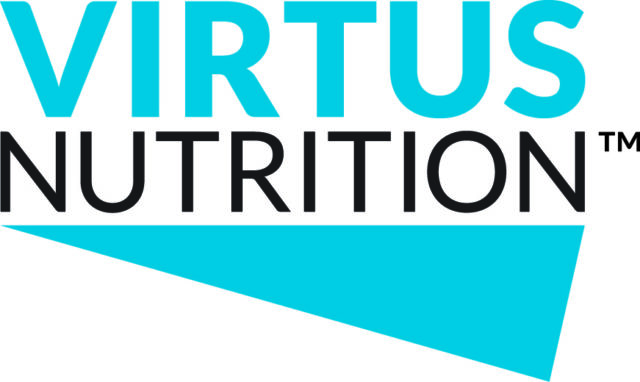Your cattle’s milk production can plummet when heat and humidity rise. Depending upon cattle heat stress level, milk production can drop by 10-35%. That can equate to a loss of up to $4.55 per cow per day.
Project these losses across your herd for an entire summer and the cost of heat stress could be devastating – especially in current economic conditions.
It doesn’t have to be that way. Before your herd starts to feel the heat, consider these three steps to avoid the summer milk slump.
Step 1: Facility and management audit
Guard your herd against heat stress with a facility and management audit. It may seem simple, and sometimes obvious, but air movement, cattle fans, shade structures, sprinklers, optimal feeding times, a TMR stabilizer, bunk management and water availability make a big difference. Talk with your local Purina Animal Nutrition expert to complete a heat stress management audit.
Step 2: Measure heat stress
Your cows feel the heat in the summer, even at “cool” temperatures that are comfortable to you; as low as 72 degrees F. It’s important to know how to identify signs of heat stress in cattle and how heat stress can affect your herd to help avoid its negative effects. Use the Temperature-Humidity Index (THI) to estimate your herd’s cooling requirements. Don’t forget about dry cow cooling. Research shows that heat stress has a long-term impact on dry cows and their offspring.
Step 3: Optimize cow nutrition
Finally, work to overcome reduced feed intake and depressed milk production caused by heat stress in cattle. Adjust the ration to meet increased energy requirements and maintain production. Incorporating Purina® Rally® Dairy Feed can help your herd overcome energy challenges.
Don’t take our word for it. Hear from dairy farmers who have fed Purina® Rally® Dairy Feed to help their cows beat the heat. For more information on heat stress management, find out the secret weapon to battle heat stress.
Talk with your Purina Animal Nutrition expert today for more insights on how to help your herd overcome heat stress challenges or call 800-227-8941.




